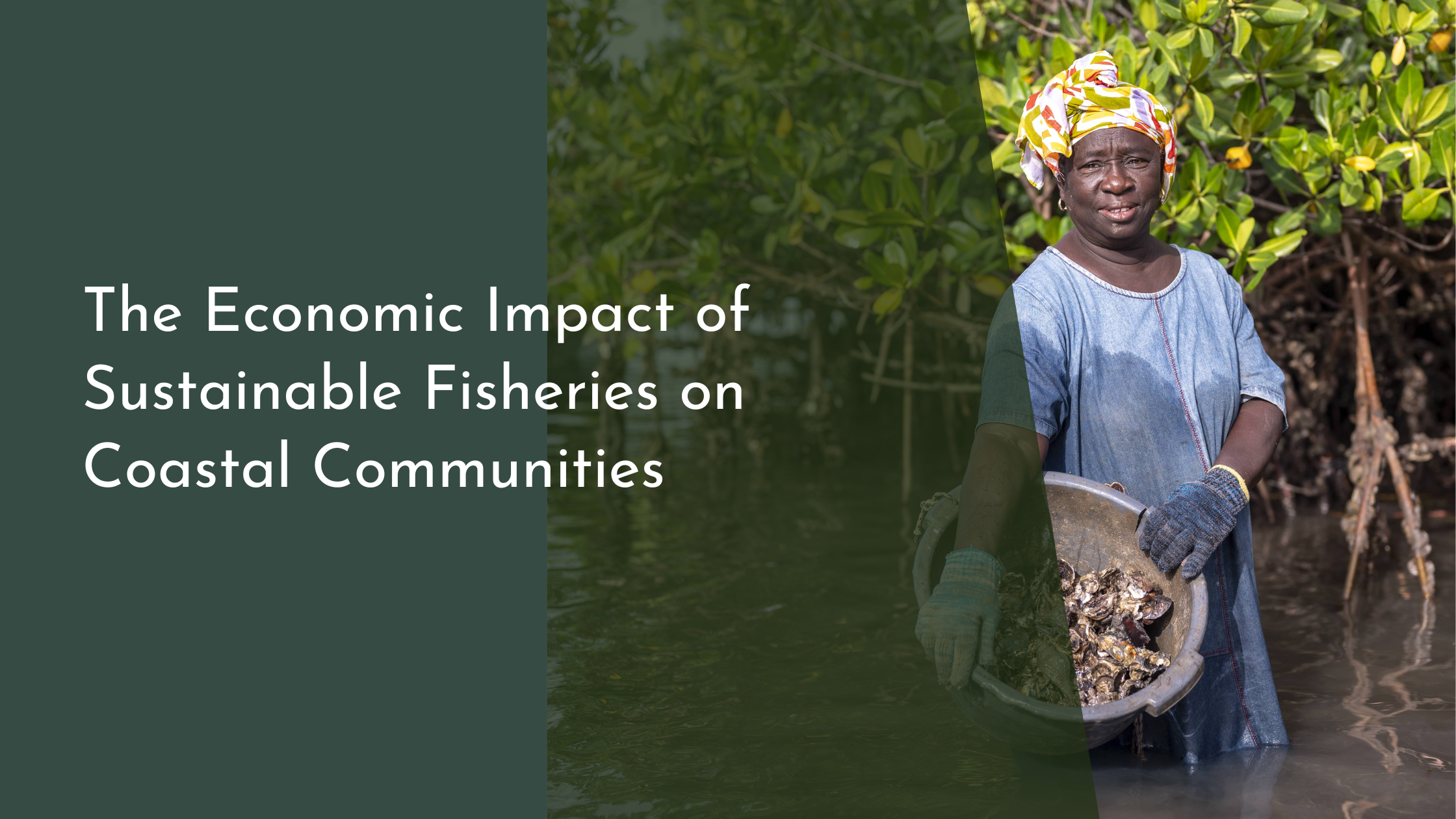The Economic Impact of Sustainable Fisheries on Coastal Communities
Sustainable fisheries represent a beacon of hope for coastal communities looking to preserve their marine resources while boosting local economies. As the world increasingly turns its focus towards environmentally friendly practices, sustainable fisheries emerge as a vital component in ensuring that marine ecosystems remain intact and productive. This approach not only safeguards the environment but also promises a wealth of economic benefits for those who rely on the sea for their livelihood. This article explores the fundamentals of sustainable fisheries, their economic advantages for coastal communities, and their broader environmental implications, concluding with an optimistic outlook for the future.
Understanding the Basics of Sustainable Fisheries
Sustainable fisheries are founded on the principle of harvesting fish and other marine resources in a way that ensures the long-term health and stability of these populations. By employing practices that maintain the balance of marine ecosystems, sustainable fisheries aim to prevent overfishing, reduce bycatch, and protect the habitats that are crucial for marine life. This involves setting quotas, utilizing selective fishing gear, and implementing strict regulations that ensure only mature fish are caught, allowing younger populations time to grow and reproduce.
Adopting sustainable practices is not just about preserving fish populations; it’s an ongoing commitment to maintaining the delicate balance of marine ecosystems. Programs often involve collaboration between governments, scientists, and local communities to monitor fish stocks, enforce regulations, and educate stakeholders on sustainable practices. This cooperative approach ensures that fisheries can continue to provide resources without depleting them, creating a harmonious relationship between human needs and environmental preservation.
Economic Benefits for Coastal Communities
The economic impact of sustainable fisheries on coastal communities is profoundly positive. By ensuring a consistent and plentiful fish supply, these communities can rely on a stable source of income. This stability is crucial for local economies that depend heavily on fishing as a primary industry, supporting not just fishermen but also related industries such as processing, distribution, and tourism. Sustainable fisheries also often attract premium prices in the market due to the growing consumer demand for environmentally friendly products, thus increasing the income for those involved in the supply chain.
Moreover, sustainable fisheries encourage job creation and economic diversification within coastal communities. By fostering practices that require skilled labor, such as fish stock monitoring and habitat restoration projects, new employment opportunities arise. These not only provide jobs but also foster a sense of community involvement and stewardship of local resources, further bolstering the economic resilience of these coastal areas. As a result, sustainable fisheries not only sustain the livelihoods of those directly involved but also stimulate broader economic growth.
Environmental Advantages and Long-Term Impact
Sustainable fisheries are a cornerstone of environmental conservation efforts in marine ecosystems. By preventing overfishing and encouraging biodiversity, these practices help maintain the intricate balance of marine life, which is essential for the health of the ocean. Sustainable fisheries protect critical habitats such as coral reefs and mangroves, thereby supporting a wide array of marine species and ensuring the longevity of the resources coastal communities depend upon.
In the long term, the adoption of sustainable fishing practices leads to more resilient ecosystems capable of withstanding environmental changes, such as climate fluctuations and pollution. This resilience, in turn, provides coastal communities with a more sustainable resource base, reducing the risk of economic collapse caused by depleted fish stocks. The enduring health of these ecosystems not only ensures the availability of fish for future generations but also supports other marine-related industries, contributing to the stability and prosperity of coastal economies.
As the world becomes more attuned to the importance of sustainability, the role of sustainable fisheries in supporting coastal communities and preserving marine ecosystems cannot be overstated. By implementing these practices, we can ensure a steady supply of marine resources, boost local economies, and protect the environment for future generations. The positive economic and environmental impacts of sustainable fisheries paint an optimistic picture of what the future holds, paving the way for thriving coastal communities and healthier oceans worldwide. With continued commitment and collaboration, the potential for a bright future for coastal economies is limitless.

